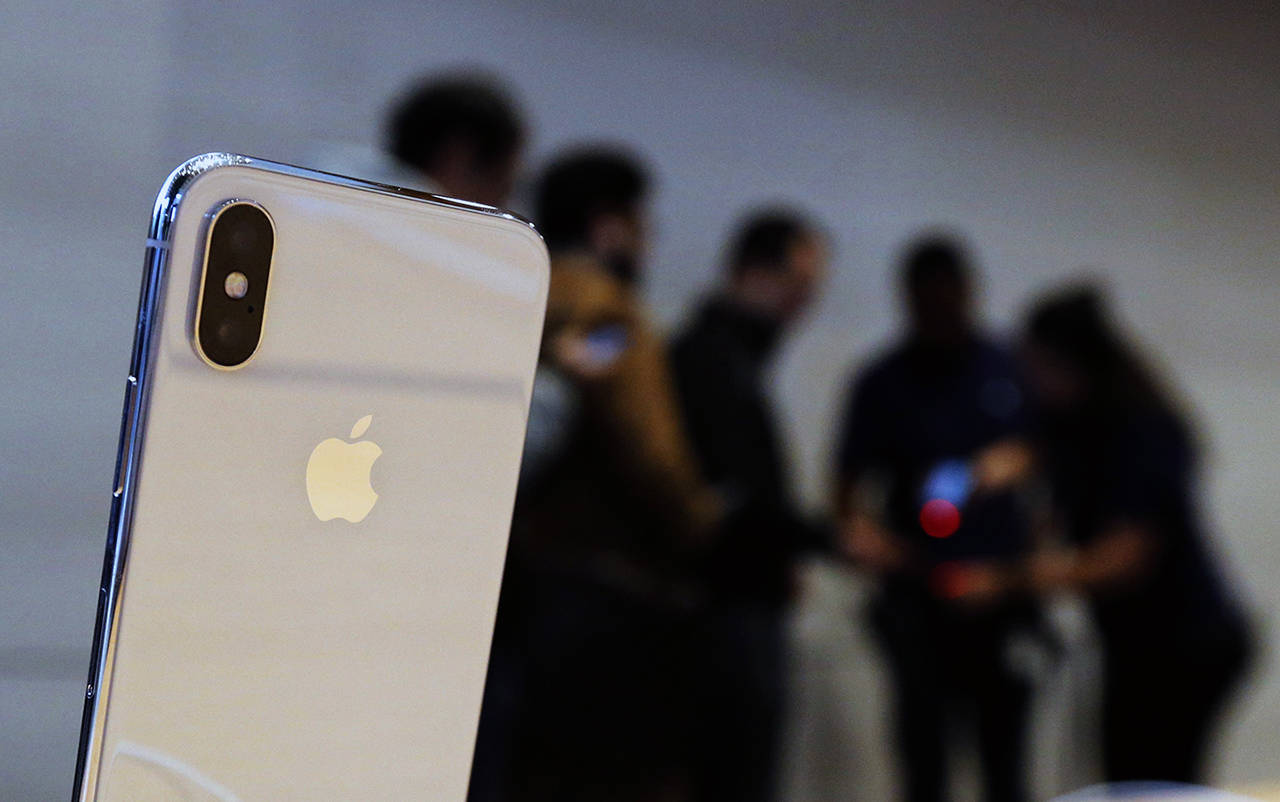By Devlin Barrett / The Washington Post
The FBI and Apple are bracing for another potential fight over encryption, this time over an iPhone of the dead gunman in the Texas church shooting, according to people familiar with the matter.
The federal government and the company have shied away from open confrontation since a 2016 standoff over the locked and encrypted iPhone of a gunman in San Bernardino, California, led to a major court battle. In that fight, the Justice Department tried to force Apple to unlock the dead suspect’s phone. The company refused, saying to do so would create a security weakness in the phones of all customers.
That legal fight sparked a national debate about the competing interests of national security, law enforcement, personal privacy and giant tech firms. But the larger legal question of whether the government could force companies to provide access to phones and other electronic devices was never answered by the courts, because in the middle of the fight over the San Bernardino phone, the FBI found a private firm that could access it. Another similar case also fizzled when the suspect suddenly remembered his passcode and provided it to investigators.
On Tuesday, the FBI said it had not been able to access the phone belonging to Devin P. Kelley, the Air Force veteran responsible for killing more than two dozen people Sunday at a Texas church. Officials did not say what type of phone Kelley had, but people familiar with the case said it is an iPhone.
After the FBI said it was dealing with a phone it couldn’t open, Apple reached out to the bureau to learn if the phone was an iPhone and if the FBI was seeking assistance. Late Tuesday an FBI official responded, saying it was an iPhone but the agency was not asking anything of the company at this point. That’s because experts at the FBI’s lab in Quantico, Virginia, are trying to determine if there are other methods to access the phone’s data, such as through cloud storage backups or linked laptops, these people said.
However, given the extent of carnage inflicted by the Texas gunman, and the growing problem encryption poses for law enforcement, officials said the phone could become the subject of another legal dispute between the two sides. At the same time, officials cautioned it is still very early in the FBI’s investigation and such decisions are likely weeks away.
After those past cases faded, the Justice Department and the FBI shied away from further direct public confrontations with Apple and other firms over encryption.
While FBI Director Christopher Wray has warned there are thousands of phones that cannot be opened, and those technologies are making it harder to fight terrorism and crime, Congress has shown little interest so far in tackling the issue.
Law enforcement officials argue that encryption that prevents a police officer from opening a suspect’s phone even with a court order makes it increasingly difficult to solve murders and a host of other crimes; privacy advocates say that encrypted communications protect everyone from hackers and thieves and that the government should be able to find evidence through other means.
The Post’s Ellen Nakashima contributed to this report.
Talk to us
> Give us your news tips.
> Send us a letter to the editor.
> More Herald contact information.

























